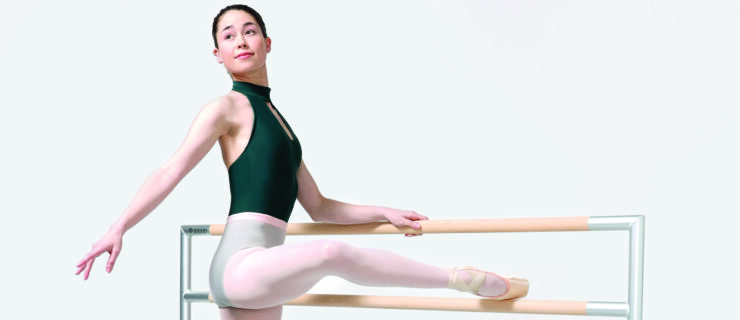How Not to Get Hired
Here’s a little every day wisdom with a practical, dance world application: 90 percent of life is showing up. The other 10 percent is attitude.
Being a professional dancer—that is, a dancer who works—means behaving professionally. Whether it’s on a cruise ship, in a print ad, at a black box theater or on Broadway, working is what it’s all about. A working dancer is a happy dancer. And one job always leads to more jobs. Trust me.
There are plenty of talented dancers in this business. Simply take a class at Broadway Dance Center and marvel at the evidence. But what separates a working dancer form a non-working one has less to do with talent than you might think.
My show Revolution (www.revolutiontheshow.com) premiered at the Joyce Theater in the fall of 2007. Since then, we have toured the U.S. and are currently preparing for a European tour. The show combines tap, Irish and contemporary jazz with multi-media and a live rock band. It employs 10 dancers.
Over the years it took to develop the show, we have cast all types of dancers, with all types of resumes. We have “So You Think You Can Dance” alumni as well as performers with MTV and Broadway credits. However, resumes alone do not dictate who we hire. Professionalism is what we look for, and it’s what we keep.
For our last tour, we hired two equally talented performers with dynamic stage presence. The first has been in such Broadway productions as 42nd Street and A Chorus Line; the second hasn’t done much professionally.
The first dancer showed up early and stayed late for every rehearsal. He knew every step we had taught the day before. He rearranged his schedule to accommodate the show’s needs if necessary. He never complained. He was reliable, competent and selfless. On occasion I would hear “Thanks for the job.” (Thanking your boss is like bringing your date flowers: Cheesy? Possibly. Appreciated? Always.)
The second dancer was consistently late and acted miserable whenever we had to change choreography. Steps would be forgotten and snide comments would be made behind my back regarding the paycheck, such as “You get what you pay for.” (Remember: EVERYTHING you say gets back to EVERYONE.) Meeting for the tour bus, we were never sure if he was going to show up. The only question I ever got from him was “When do we get paid?”
The first dancer didn’t need this job to make ends meet, but took it as a long-term career investment. The second did need the job for financial reasons, but could not see the repercussions of his behavior. He saw no connection between his actions and the lack of opportunities coming his way. He thought talent was enough.
More helpful clichés: Every job you have is the most important job you’ve ever had. Or as my director likes to say: “It takes you 10 years to build up your reputation and 10 minutes to ruin it.”
Putting up shows, like life, is difficult and unpredictable. Things go wrong. It’s best to roll with the punches, take pride in what you do, no matter how menial the task, and make things easy for the people you are working for and with. Bringing only your talent to a job is like brining a knife to a gunfight. You need your professionalism too.
Since that national tour, both dancers have left my show. The first is touring with Jersey Boys and I hope to have him back when we go to Europe. The second is not dancing professionally. He says things like, “I’m talented. I’ve mastered these steps. I should be working.” And he can’t figure out why he isn’t. But if you’ve read this far, by now I bet you can.



